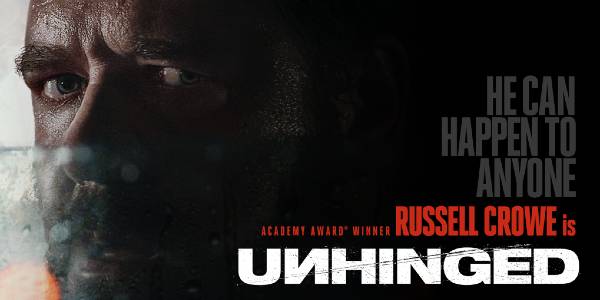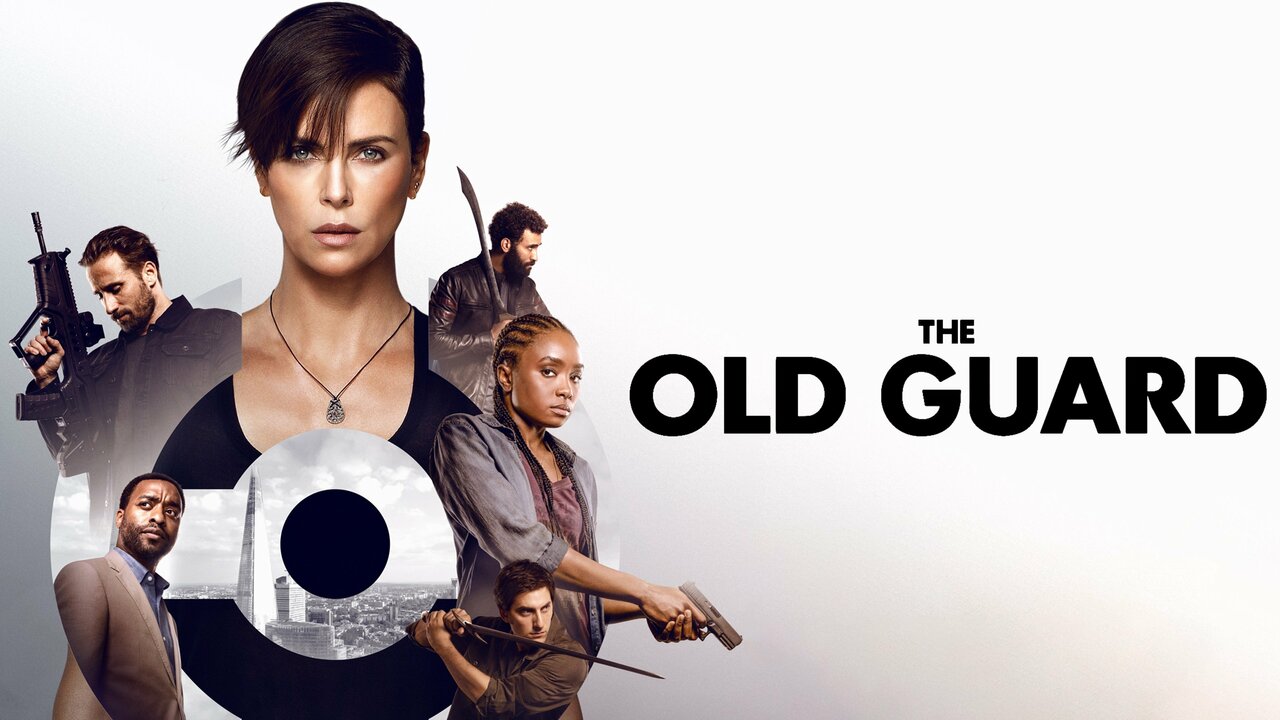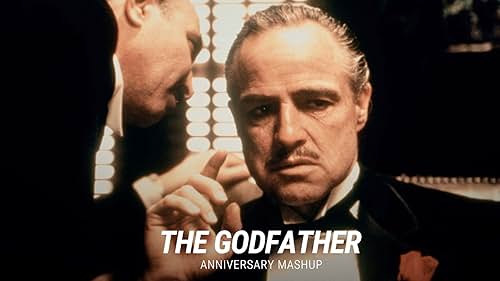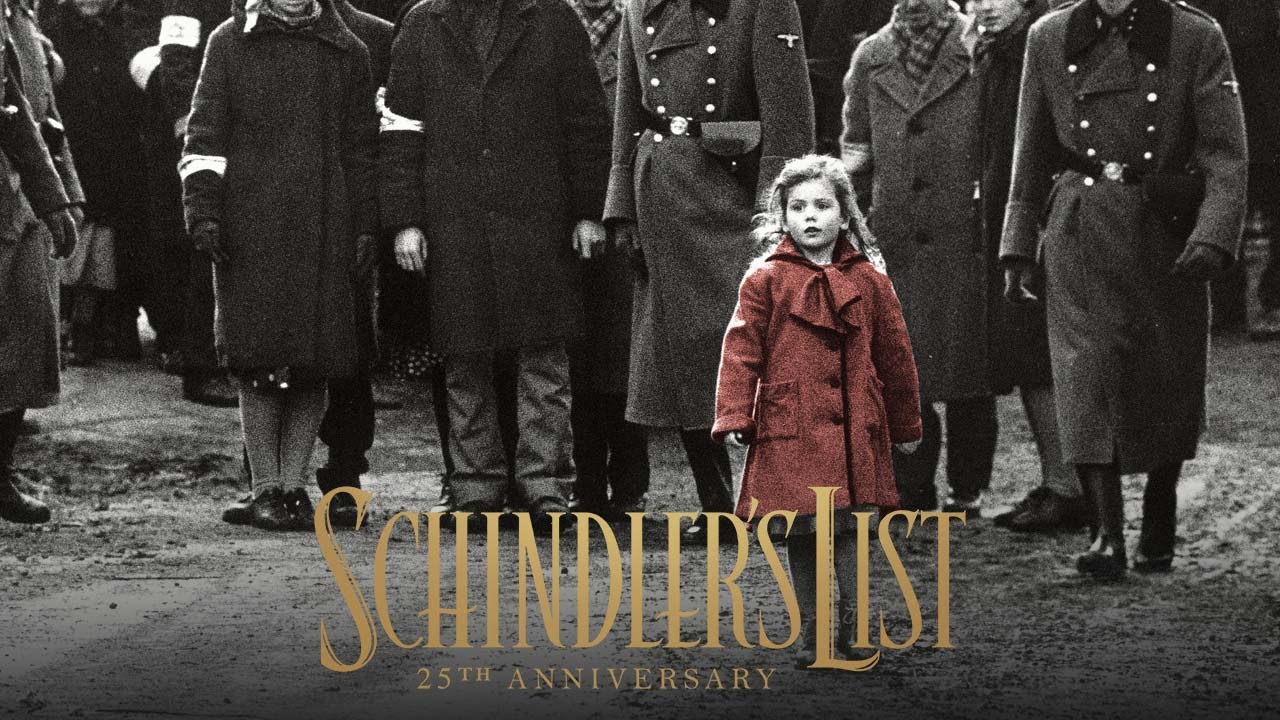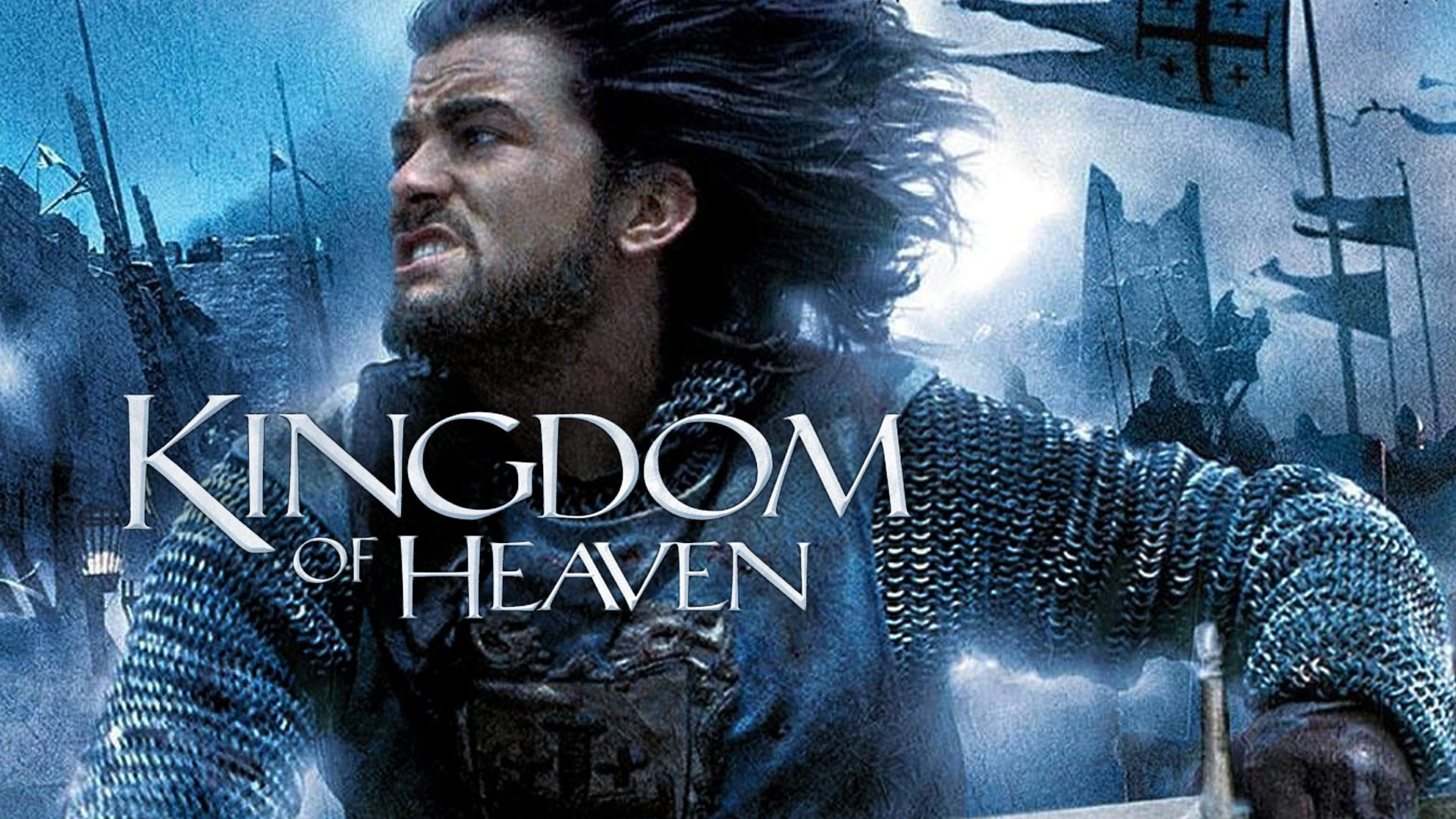FULL MOVIE:
Review: Coriolanus (2011)
Genre: War / Drama / Shakespeare Adaptation
Ralph Fiennes makes a bold directorial debut with Coriolanus (2011), a modern-day adaptation of one of Shakespeare’s lesser-known tragedies. Set in a contemporary, war-torn Rome and shot with gritty realism, the film breathes urgent, brutal life into a centuries-old tale of pride, politics, and betrayal.

Fiennes stars as Caius Martius Coriolanus, a fierce Roman general whose contempt for the common people clashes violently with the political forces of the city. When his military victories are not enough to sway the public, and his arrogance alienates even his allies, Coriolanus is cast out—only to return with vengeance in his heart, aligning with his sworn enemy, Aufidius (Gerard Butler), in a dramatic reversal of loyalties.
The film cleverly maintains Shakespeare’s original language, but sets it against a backdrop of tanks, riot police, and media broadcasts. This fusion of classical dialogue with modern visuals creates a jarring but thrilling experience. The result is raw, fast-paced, and intense—delivering the Bard’s language with the energy of a political thriller.
Fiennes commands the screen with volcanic force, portraying Coriolanus as a man both heroic and fatally flawed. Vanessa Redgrave gives a powerful turn as Volumnia, Coriolanus’s mother, whose political cunning and emotional manipulation are some of the film’s most riveting elements. Gerard Butler brings surprising depth to Aufidius, a rival shaped by shared brutality.

Coriolanus may not be Shakespeare’s most accessible play, but Fiennes’ version turns it into a timely, visceral look at nationalism, pride, and the limits of power. It’s a tragedy that feels surprisingly contemporary.
Did the modern setting make the Shakespearean language more impactful for you—or more distant? Share your take below.
